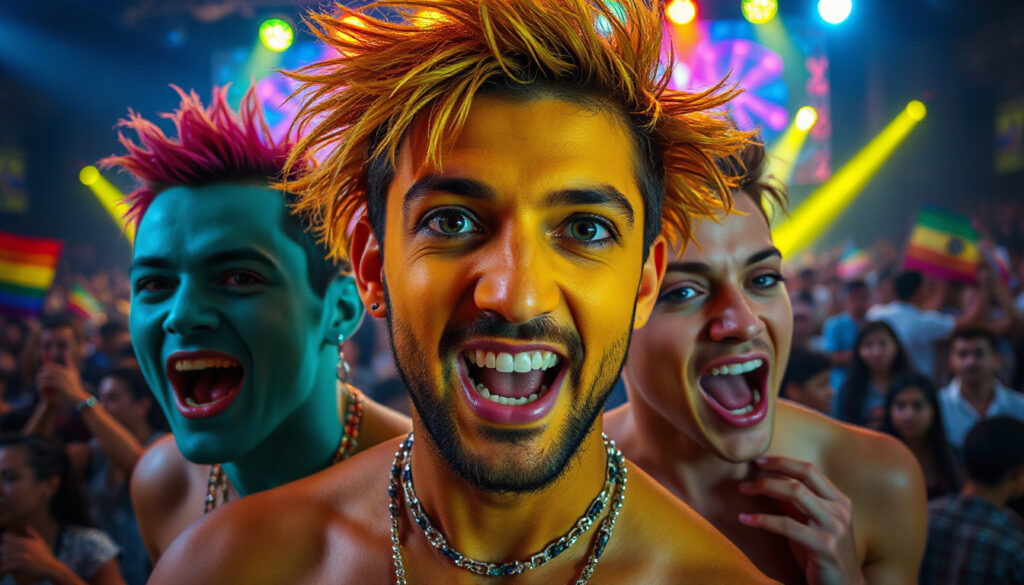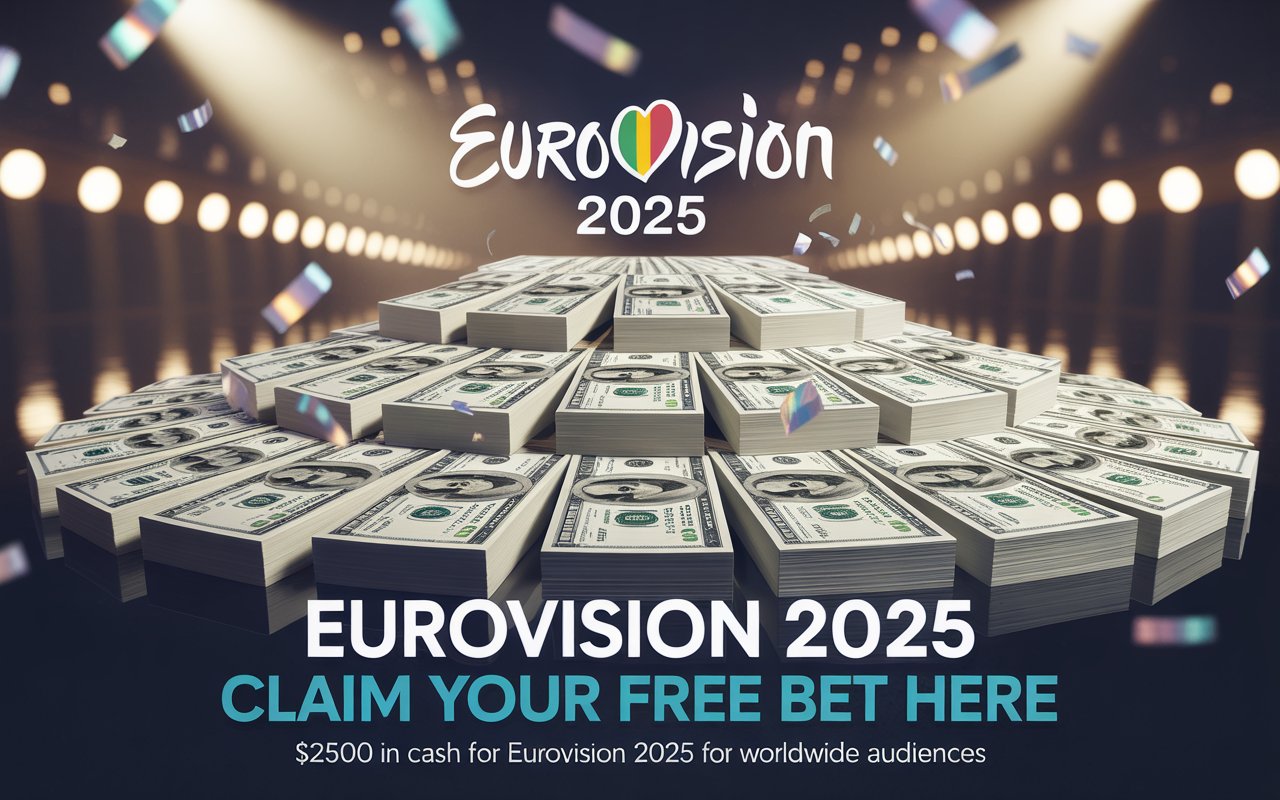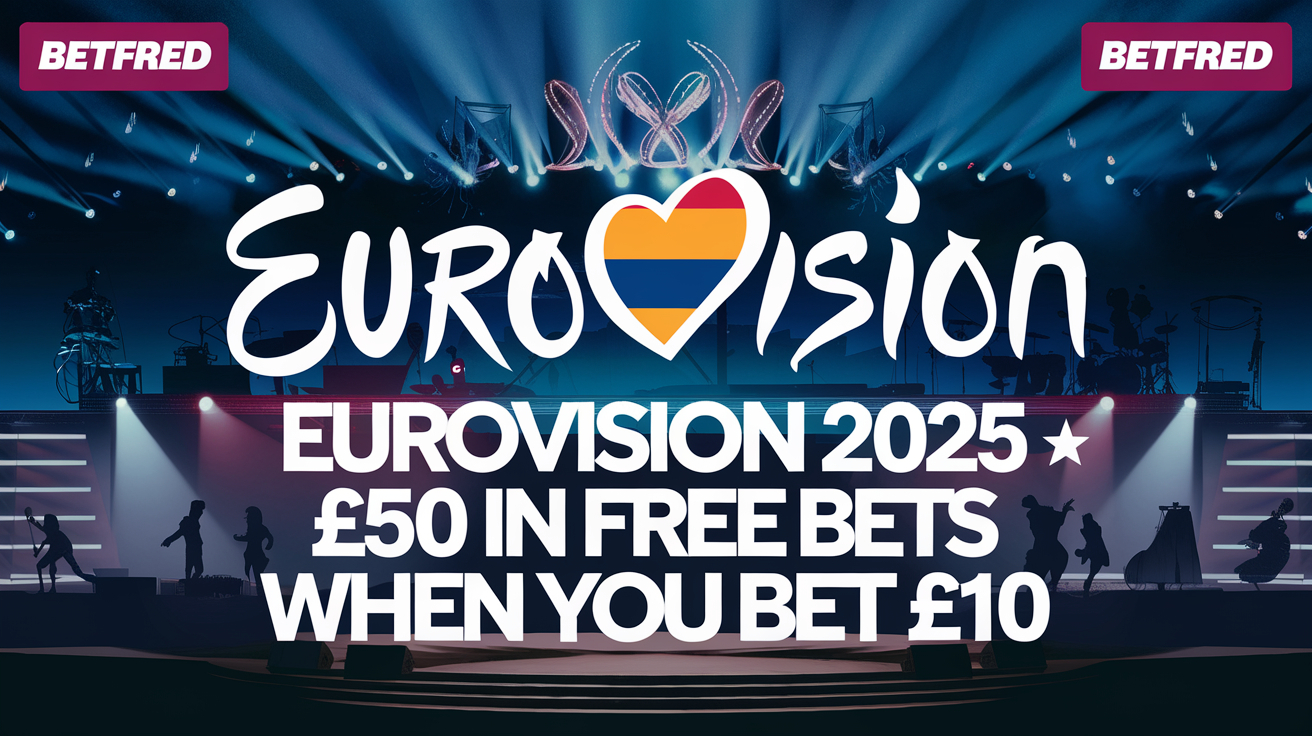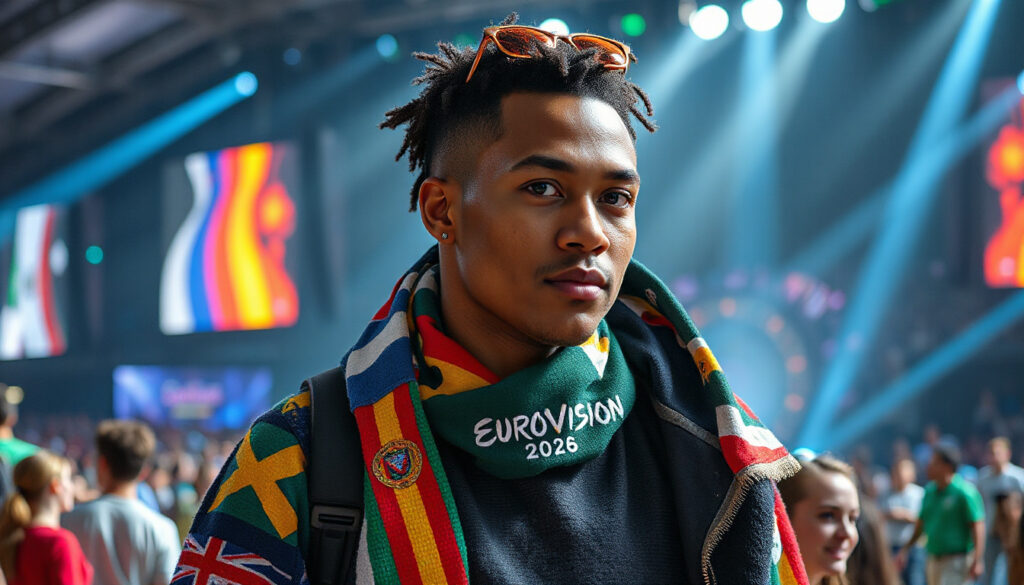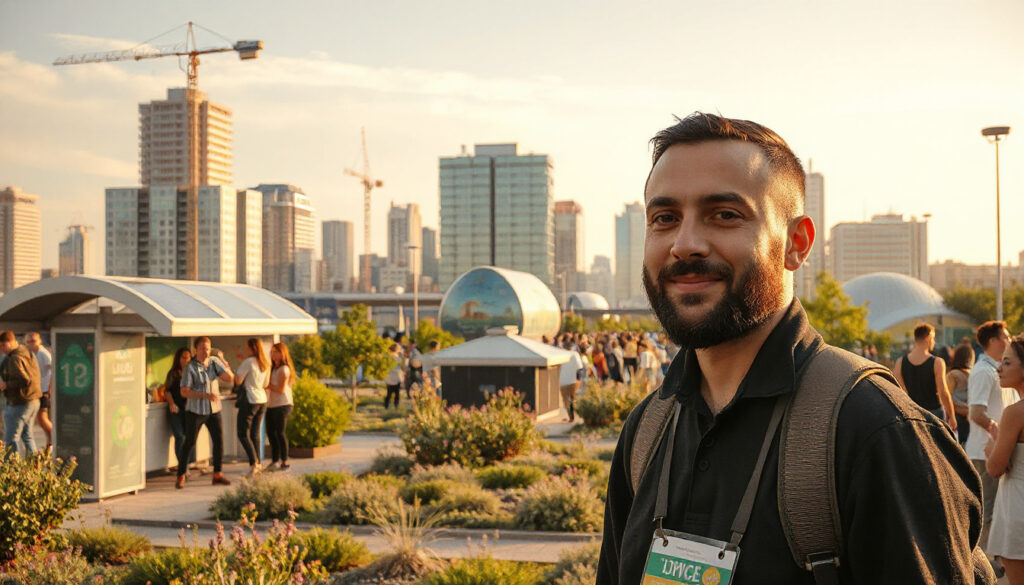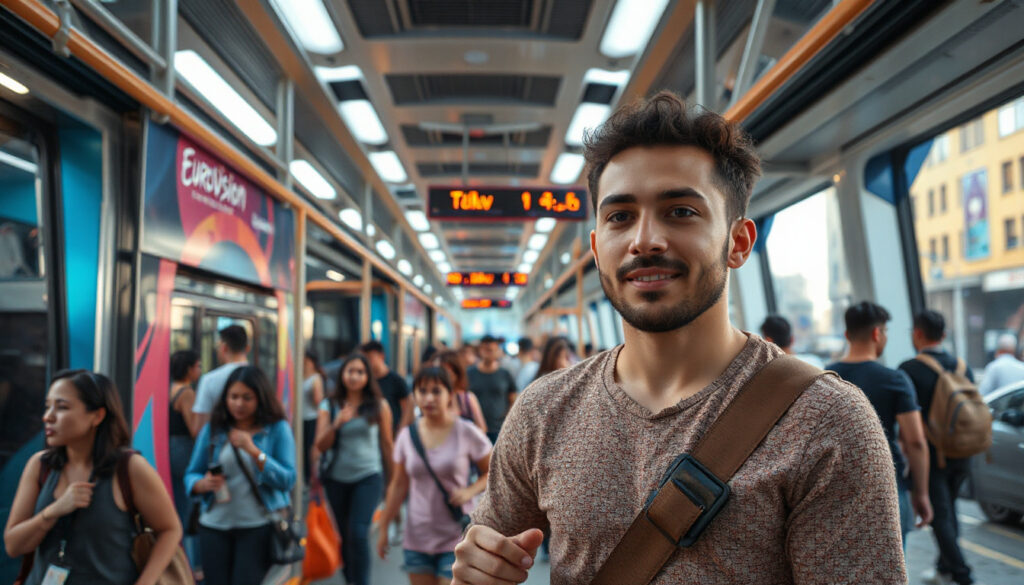Fierce Expressions: Lifting LGBTQ+ Voices in Eurovision 2026
Every year, the contest grabs hearts in Europe and beyond. Music, culture, and stage acts mix here. Eurovision shows a safe stage for LGBTQ+ people to share who they are. Heading into Eurovision 2026, the contest plays a key role in giving LGBTQ+ lives a clear space. This post explains why queer visibility is worth our notice and what we may see next.

Why LGBTQ+ Visibility in Eurovision Is So Important
For many years, Eurovision was more than a song contest. It shone as a stage where LGBTQ+ people could appear in full light. Bold acts and vivid characters build a close space for queer voices. The contest helps shape views in lands where acceptance is still hard to win. Its stage lets viewers see real lives and feel strong pride.
A Rich Legacy of LGBTQ+ Participants and Performances
Eurovision has a long line of LGBTQ+ participants who made their mark:
- Dana International from Israel won in 1998. She stood proud as a trans singer and broke past limits.
- Conchita Wurst from Austria won in 2014. Her drag persona brought strong images of self-expression.
- Loreen from Sweden, winner in 2012 and 2023, speaks of her bisexuality with open truth.
- Italy’s Måneskin, winners in 2021, include Victoria De Angelis who is bisexual and Ethan Torchio who shows a free view on love.
- Nemo from Switzerland, the 2024 winner, became the first openly non-binary artist on the Eurovision stage.
Since the 1950s, many participants have come forward as LGBTQ+. More than half of the nations have sent at least one queer artist. Eurovision acts as a stage where European queer talent meets a wide audience.
How Eurovision Highlights LGBTQ+ Themes Through Music and Performance
Eurovision songs and shows bring LGBTQ+ themes step by step:
- Since 1961, some songs hinted at same-sex love when such words were not allowed.
- In later years, performances show clear images with same-sex kisses or dance routines full of energy.
- For example, Finland’s Krista Siegfrids kissed a same-sex partner on stage in 2013. In 2023, Belgian artist Gustaph presented a dance-driven act.
- Drag also speaks a queer language. Ukraine’s Verka Serduchka in 2007 and Slovenia’s Sestre in 2002 used humor and heart to put queer life in focus.
Here, each act joins many others to build a close connection with viewers by showing real stories.
Challenges and Criticism: The Road to Greater Visibility Is Not Without Hurdles
Not everyone has accepted Eurovision’s queer stage. Political, cultural, and religious forces sometimes push back:
- Dana International from Israel faced threats before her win in 1998.
- Some countries like Turkey and Hungary have stepped back by citing disagreements over voting rules or queer ideas.
- At times, audience members have shown disapproval. In 2014, Conchita Wurst’s win met with strong objections.
- There have been clear moves to block queer acts, such as the Chinese ban on a same-sex dance act in 2018. These moments show that hard views still exist. Yet, the contest continues as a space that brings people together.
What Eurovision 2026 Can Bring for LGBTQ+ Visibility
As the contest grows, Eurovision 2026 may show even more power for queer voices:
- The stage now welcomes many artists—from gay and lesbian to bisexual, transgender, non-binary, pansexual, and others.
- Growing acceptance in many places makes it easier for artists to speak out with care.
- The show’s fun mood and warm tone let queer themes be seen clearly.
- The close link between artists and fans builds a space where everyone can join in pride.
For many LGBTQ+ viewers, Eurovision 2026 is more than a show. It is a strong sign of hope and a path to feeling seen.
Actionable Takeaways for Fans and Allies
- Support LGBTQ+ artists and their music: Listen in, follow their paths, and share their words on social sites so more eyes can see.
- Attend related events and pride gatherings: Fans often hold meet-ups that feel safe and welcoming.
- Learn about the contest’s history: Knowing the past of queer visibility in Eurovision helps us understand its deep cultural role.
- Stand up for inclusion: Push against limits that block fair representation both in media and in life.
- Celebrate diversity boldly: Whether at group watch events or small get-togethers, honor the mix that Eurovision brings out.
Moving Forward: Eurovision’s Role in Normalizing LGBTQ+ Identities
Eurovision stands as a space where the power of music unites everyone. Its shows put queer people on stage as normal and true. The contest gives room for honesty, creative flair, and personal pride.
With Eurovision 2026 on the horizon, many LGBTQ+ voices will head the stage and light up hearts. The contest builds hope, bonds communities, and opens doors for new artists. Set aside a date, turn on the music, and join the crowd to see bold acts of queer talent shine in 2026. Do not miss a moment when music meets the pride that fills each note.
Ready to explore the lively world of Eurovision 2026? Begin by checking past queer performances, follow news about the artists, and join fan groups that honor diverse voices. Eurovision is more than a contest—it is a movement of truth, acceptance, and joy.
